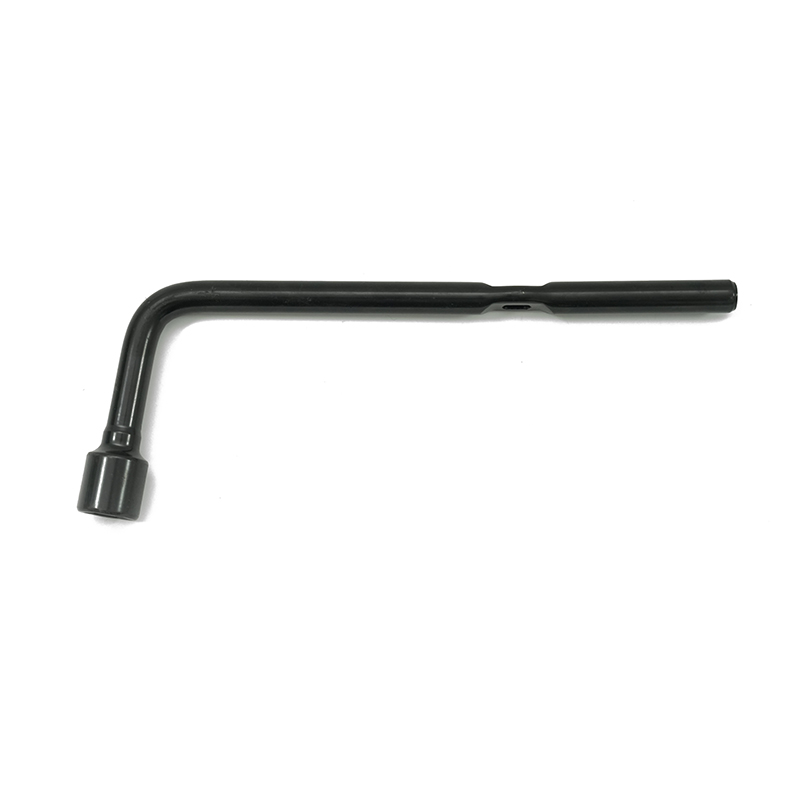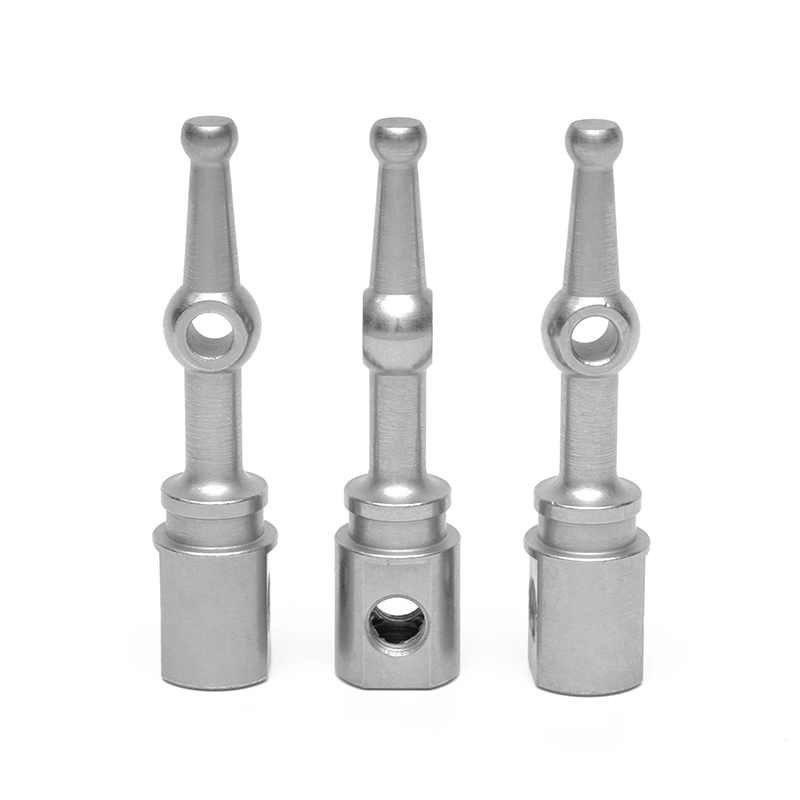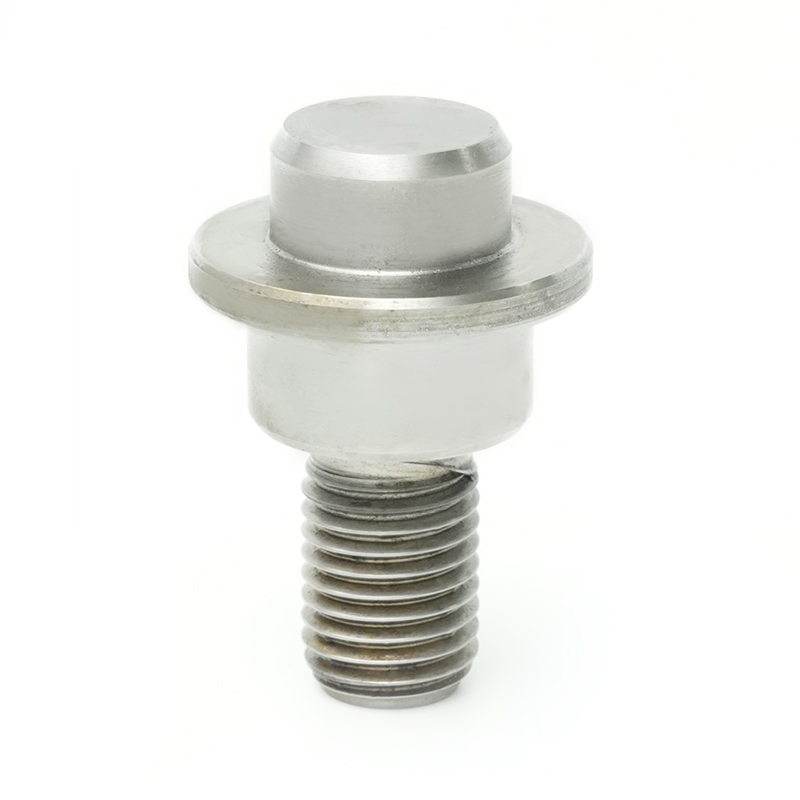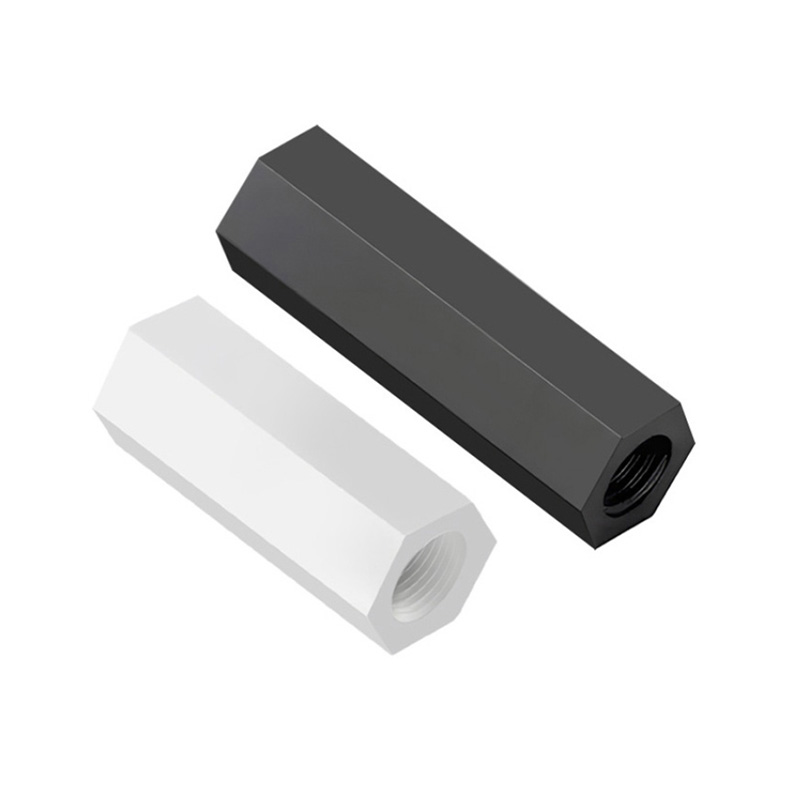Soverchannel Industrial CO.,Ltd. is China Nylon Products, Wrench, Other Fasteners Suppliers and Nylon Products, Wrench, Other Fasteners company, a production, research, and development, sales one of the non-standard and standard parts of the bolt production enterprise, for many years, it has committed to the production of automotive fasteners, with advanced technology and strict inspection specifications, to provide customers with high-quality products, while professional custom non-standard bolts, shaped parts, over the years of industry experience has accumulated a good reputation. The company's main products include bolt products, nuts, steel processing, welding, and other non-standard-shaped parts.
-
Full Threaded Rod Bars vs. Partial Threaded Rods: Key Differences Threaded rods are essential fasteners in construction, machinery, and industrial applications. Choosing between full threaded rod bars...
READ MORE -
Introduction to Automotive Fasteners Automotive fasteners are essential components that secure parts of a vehicle together, ensuring safety, reliability, and structural integrity. They include bolts, ...
READ MORE -
Introduction to M8, M10, M12, and M14 Screws and Nuts Metric screws and nuts, such as M8, M10, M12, and M14, are widely used fasteners in mechanical, automotive, construction, and industrial applicati...
READ MORE
Understanding Special-Shaped Parts: Unique Metal Solutions for Specific Applications
Characteristics of special-shaped parts include:
Non-Standard Dimensions: They may have irregular sizes or shapes that do not fit common industrial standards.
High Precision Requirements: Due to their specific applications, these parts often require high levels of accuracy during manufacturing.
Limited Production Quantities: Unlike mass-produced components, special-shaped parts are usually produced in smaller quantities, catering to specialized needs.
Application-Specific Materials: The materials used in these parts are selected based on the intended use, including factors like strength, weight, and resistance to environmental conditions.
Importance of Special-Shaped Parts in Industry
The use of special-shaped parts is driven by the need for components that can accommodate specific structural or functional requirements in various applications. These parts enable manufacturers to design products that are more efficient, durable, or suitable for particular environments.
The production of special-shaped parts involves various manufacturing techniques that allow for the creation of custom shapes and dimensions. The selection of materials is crucial in manufacturing special-shaped parts, as it significantly impacts their performance and durability. Factors such as application, mechanical properties, environmental conditions, and cost guide the material choice. Commonly used materials include steel, known for its strength and versatility, and stainless steel, which adds corrosion resistance for harsh environments. Aluminum’s lightweight nature makes it ideal for applications where weight reduction is key, especially in the automotive and aerospace sectors. Titanium offers a high strength-to-weight ratio and corrosion resistance, suitable for aerospace and medical uses, while brass and copper provide good conductivity and wear resistance. For lightweight or non-conductive needs, plastic and composite materials are also employed.
Quality control is a vital part of special-shaped parts manufacturing, with stringent measures in place to ensure each component meets specifications. This process includes dimensional inspection to verify measurements, material testing for properties like tensile strength, surface finish checks for defects, and non-destructive testing techniques such as ultrasonic or magnetic particle testing to identify internal flaws without damaging the parts.
Manufacturing special-shaped parts presents several challenges, such as handling complex designs with intricate shapes and precise dimensions, working with material limitations that require alternative solutions, and addressing higher costs associated with custom production. Additionally, longer lead times may be needed for custom manufacturing processes, especially if multiple iterations or adjustments are required.
The special-shaped parts produced by Nantong Jinzhai Hardware have diverse applications across industries. In automotive, they are used in custom-shaped bolts and fasteners tailored to specific assembly needs. For industrial machinery, they provide components with precise fitting and high durability. In construction, these parts serve in structural supports and custom hardware, while in aerospace, they deliver high-performance solutions designed to endure rigorous demands.
From Design to Delivery: The Journey of Special-Shaped Parts at Nantong Jinzhai Hardware
Special-shaped parts play an essential role in industries that require custom solutions tailored to specific needs. At Nantong Jinzhai Hardware, the journey of these parts from concept to completion involves a detailed process encompassing design, manufacturing, quality control, and delivery.
The journey of special-shaped parts begins with understanding the customer's unique requirements. These components often serve specific purposes where standard parts are unsuitable due to their unique shapes or functional demands. Nantong Jinzhai Hardware collaborates closely with clients to gather all relevant details.
Advanced software tools aid in creating detailed models and simulations, ensuring the designs meet the specific needs of each application.Prototyping follows, allowing for initial testing and any necessary adjustments to be made before full-scale production. During material preparation, high-quality materials like steel, aluminum, and titanium are carefully sourced and processed. Manufacturing then brings the special-shaped parts to life using techniques such as CNC machining, forging, or casting, depending on the complexity and requirements of the design.
Quality control is integral at every stage, with inspections for dimensions, material properties, and surface finishes to ensure each part meets stringent standards. The company employs a multi-layered quality assurance process, starting with initial raw material verification, followed by in-process checks during manufacturing, and finishing with final inspections of the completed parts. Techniques like non-destructive testing (NDT) are utilized to detect any internal flaws, ensuring that all parts meet the specified tolerances and material properties. This rigorous approach helps to minimize defects and ensures that the parts delivered to customers perform reliably in their intended applications.
The finishing process goes beyond basic inspection, involving various treatments to enhance the functionality and longevity of the parts. Depending on the application, parts may undergo surface treatments such as zinc or nickel plating to improve corrosion resistance or be heat-treated to strengthen the material's mechanical properties. Additional processes like deburring and polishing are performed to eliminate any rough edges and ensure a smooth finish. These steps help in not only improving the appearance of the parts but also optimizing their performance in demanding environments. The selection of appropriate finishing techniques is crucial, especially for parts that will be used in extreme conditions, such as aerospace or heavy industrial settings.
Once the manufacturing and finishing processes are complete, the final step involves carefully packaging the special-shaped parts for delivery. Nantong Jinzhai Hardware ensures that each part is packed with appropriate materials to prevent damage during transportation. The company coordinates logistics to provide timely and efficient delivery to customers, whether they are located domestically or internationally. Post-delivery support, including technical assistance and handling any special requests, is part of the company's commitment to customer satisfaction. Nantong Jinzhai Hardware values customer feedback, using it to drive continuous improvement and maintain high standards in future projects. This end-to-end approach ensures that clients receive not only high-quality products but also a reliable and responsive service experience.

 English
English 中文简体
中文简体 Español
Español русский
русский عربى
عربى
















